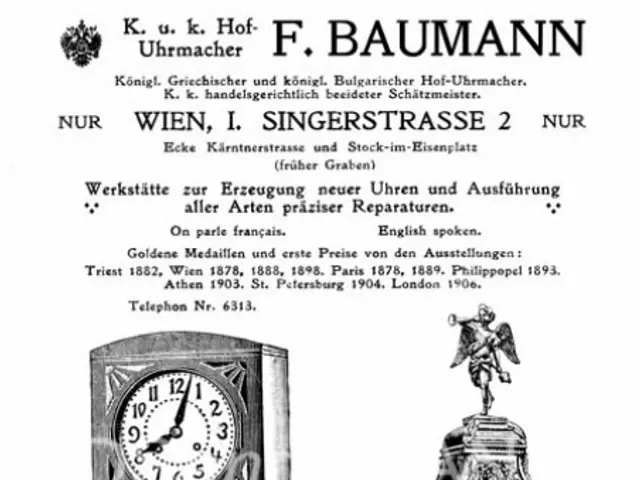Canada's MAiD Surge Raises Concerns About Pressure and Organ Donation
Canada's Medical Assistance in Dying (MAiD) program has seen a significant increase in usage, with one in twenty deaths now being state-sanctioned. However, concerns are rising about pressures on vulnerable individuals and potential conflicts of interest in organ donation.
In 2021, the Canadian Parliament expanded MAiD eligibility, making it accessible to nearly anyone with a chronic or incurable condition. This expansion has led to a surge in cases, with over 15,000 last year. However, alarming reports suggest that Canadian veterans and patients with depression are being pressured by doctors to agree to assisted suicide, even when not terminally ill.
Canada is now a global leader in organ donation after euthanasia, with 136 out of 286 worldwide cases by 2021 being Canadian. This includes a recent first: a healthy heart from a Canadian man who was euthanized was transplanted into an American man with heart failure. Since MAiD's inception, at least 155 organs have been harvested from freshly euthanized patients. Critics argue that tying organ donation to euthanasia creates perverse incentives, potentially overwhelming patient welfare and leading to more deaths. Doctors and hospitals may feel pressure to increase euthanasia cases for prestige, funding, and to clear waitlists.
As MAiD evolves from a promise of mercy to a calculated medical service, concerns about its potential misuse grow. The Canadian government and medical community must address these issues to ensure the program remains ethical and focused on patient welfare.








